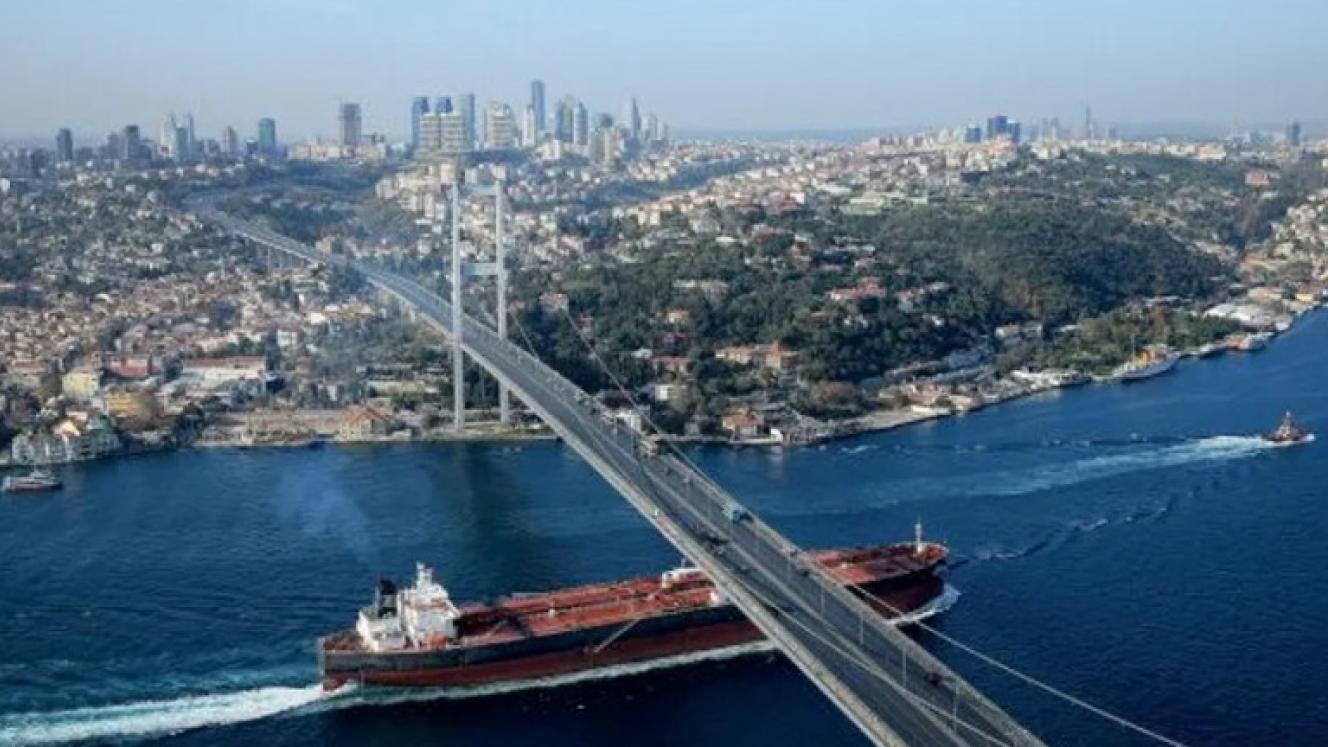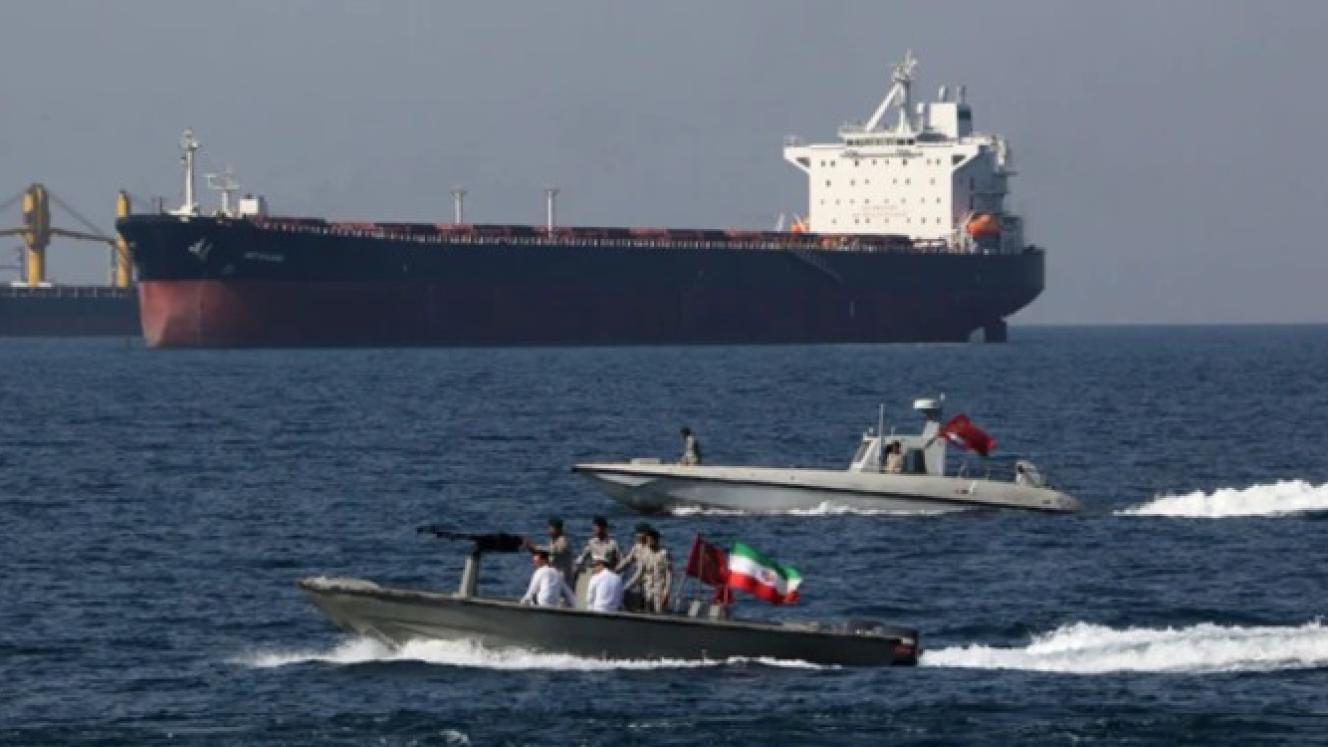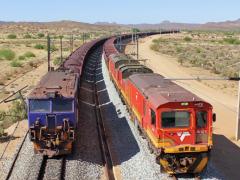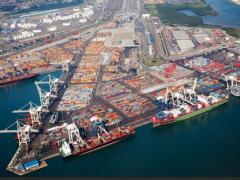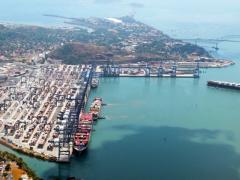The decision by the government of President Recep Tayyip Erdoğan to bar vessels with links to Israel from docking at Türkiye’s ports marks a striking escalation in its opposition to the war in Gaza.
Moreover, it underlines a broader global shift: trade in ocean freight, and possibly logistics at large, are increasingly being weaponised as tools of foreign policy.
The restrictions, enforced from August 21, apply to ships owned, managed or operated by entities connected to Israel, as well as those calling from or bound for Israeli ports.
Türkiye-flagged vessels are themselves forbidden from docking in Israel.
Maritime agents are now required to submit written declarations confirming no Israeli ties or sensitive cargoes, with the risk of fines or expulsion from Turkish waters for non-compliance.
It’s not clear at this stage to what extent satellite navigation and maritime platform vessel identification could be used to assist Türkiye’s authorities in enforcing the ban.
The policy follows Ankara’s suspension of £5.5 billion in bilateral trade with Israel last year, and is being enforced despite the absence of an official circular.
Analysts say the move is emblematic of what London think tank Chatham House has described as the growing use of “geoeconomic chokepoints” as instruments of leverage.
In a multipolar environment where consensus-driven sanctions are harder to achieve, states are increasingly using their control over ports, pipelines and shipping lanes to apply pressure.
The Center for Strategic and International Studies (CSIS) argues that such unilateral restrictions can mimic the effects of sanctions by forcing companies, insurers and banks to withdraw from politically sensitive markets.
Following the invasion of Ukraine in 2022, Western sanctions cut Moscow out of European ports and restricted its access to global energy markets. Russia responded by redirecting exports eastwards, often relying on costlier, less efficient ‘shadow fleets’.
It has also given rise to some countries deriving revenue from issuing ‘flags of convenience’ (FoC) – so named by the International Maritime Organization (IMO) – to vessels linked to countries like Russia.
The IMO has identified several primary FoC countries: Panama, Liberia, Marshall Islands, Bahamas, Malta and Cyprus.
The following countries are also believed to have entered the FoC fray: Antigua and Barbuda, Belize, Bermuda, Cayman Islands, Cook Islands, Eswatini, Gibraltar, Isle of Man, Mongolia, Palau, St Kitts and Nevis, St Vincent and the Grenadines, Togo, Sierra Leone and Cambodia.
While Israel retains strong political and economic support from the United States and Europe – making coordinated sanctions unlikely – experts at the International Institute for Strategic Studies caution that regional embargoes and private-sector “de-risking” could still inflict heavy economic costs.
Energy adds a further layer of vulnerability.
Israel has long sought to expand natural gas exports via Mediterranean pipelines and liquefied natural gas facilities. The Oxford Institute for Energy Studies has warned that such ambitions are acutely exposed to geopolitical instability, with adversarial neighbours able to disrupt projects at will.
Türkiye’s ban may not immediately cripple Israeli trade, but it serves as a clear warning.
Just as Russia’s economy was reshaped by sanctions, Israel may find that even without a Western-led embargo, its regional adversaries can exploit strategic chokepoints to constrain its economic and diplomatic options.
